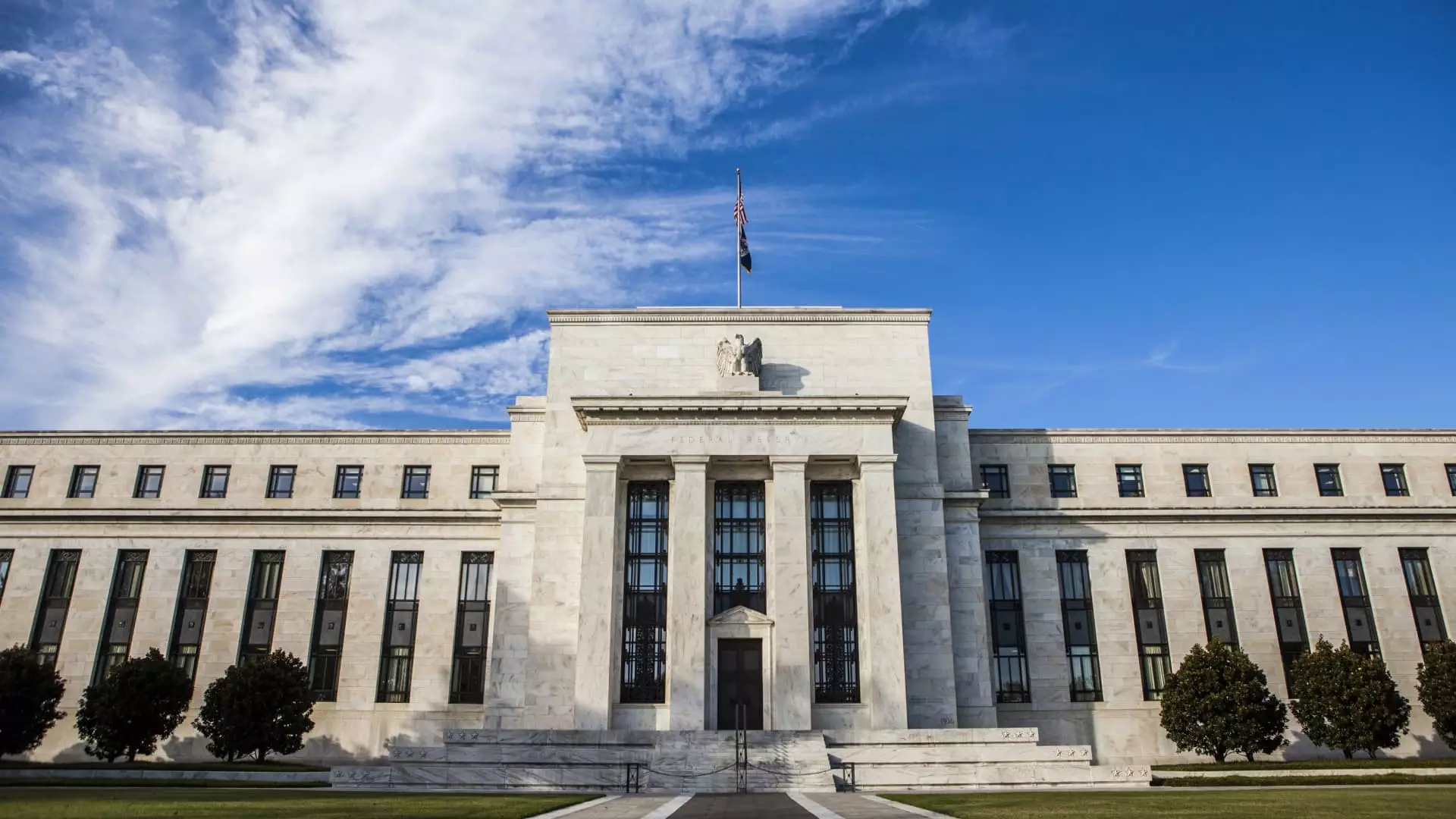In a significant move within the financial sector, a coalition of major banks and business organizations has initiated legal proceedings against the Federal Reserve, challenging the annual stress test framework. The group, which includes influential entities like the Bank Policy Institute (BPI), the American Bankers Association, and various local chambers of commerce, argues that the current stress test process is plagued with legal inconsistencies and lacks the transparency mandated by federal laws. This lawsuit is not merely about the banks resisting regulation; it reflects deeper concerns over the mechanisms that dictate capital requirements in the banking sector.
The Federal Reserve’s annual stress tests serve as a critical barometer for assessing the resilience of large financial institutions against hypothetical economic downturns. These tests require banks to maintain significant capital reserves to cushion themselves against potential loan defaults and adverse market conditions. The outcomes of these assessments influence crucial decisions related to share buybacks and dividend distributions. However, the banks contend that the current process is fraught with ambiguities, resulting in fluctuating and often inexplicable regulations regarding capital management.
As part of their legal argument, the plaintiff organizations emphasize the necessity for greater public engagement in the stress test process. They argue that the lack of input from banking stakeholders has fostered a system that lacks accountability and clear rationale. In response to mounting criticisms, the Federal Reserve has acknowledged the necessity for changes and announced plans to seek public feedback on potential adjustments. The Fed’s commitment to improving the transparency of its testing framework is seen as a vital step, though it may not adequately address the core issues raised by the banking coalition.
Assessing the Fed’s Response
Despite the Fed’s promises for reform, skepticism remains prevalent within the banking community regarding the actual impact of these proposed changes. The Fed has indicated that while it will seek to modify some aspects of the stress testing procedure, it does not intend to significantly alter overall capital requirements. This raises questions about whether the steps taken will sufficiently alleviate the banks’ concerns about stringent capital demands that they argue hamper lending and, ultimately, economic growth.
The lawsuit against the Federal Reserve marks a critical juncture in the ongoing dialogue about the regulation of financial institutions. BPI CEO Greg Baer, while appreciating the Fed’s acknowledgment of the need for reform, has hinted at possibly pursuing additional avenues to ensure significant changes are implemented. This conflict underscores the delicate balance that regulators must navigate between ensuring financial stability and fostering an environment conducive to business growth.
As this legal battle unfolds, it will be crucial to observe how the regulatory landscape adapts to the evolving pressures from banks demanding a more transparent, consistent, and fair approach to stress testing. The outcome could redefine the relationship between the banking sector and regulatory bodies while influencing financial practices for years to come.

